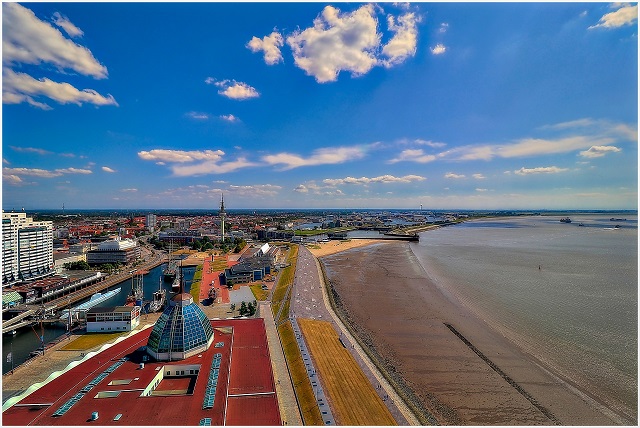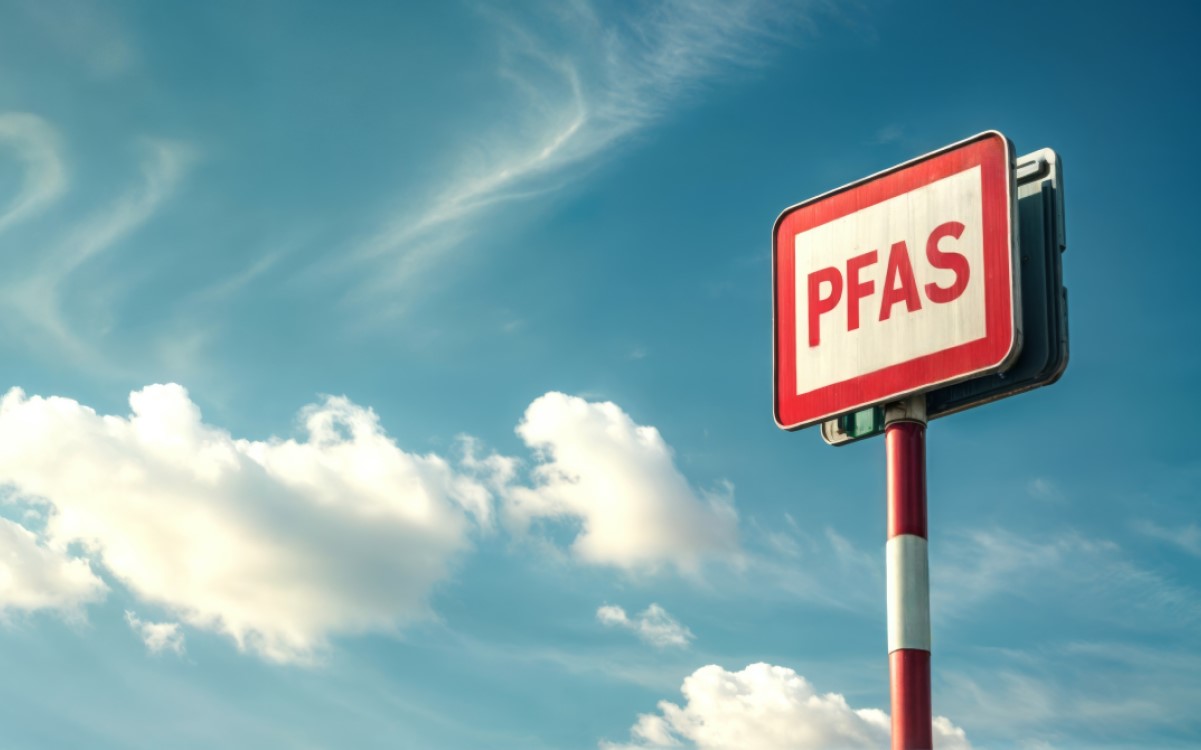Nordenham is located at the mouth of the Weser river near the coast of the North Sea. In this coastal region with water shortage, reusing water for industrial purposes may be a great benefit. MULTI-ReUse has also investigated other possible uses that are of global importance. These include agricultural irrigation, urban applications and groundwater recharge. The prerequisites for this are hygienic harmlessness and the removal of anthropogenic trace substances.
To achieve these goals, the processes ultrafiltration (UF), reverse osmosis (RO), activated carbon filtration and UV disinfection were flexibly combined to form treatment chains. Innovative methods for online monitoring of microbiological hygiene and for the determination of biologically usable carbon were also developed. In process optimization under practical conditions, synergy potentials of UF and UO should be exploited to make these technologies more attractive for application in water reuse. An evaluation concept for suitable piping materials was also the subject of investigation.
Production of service water in different qualities
In principle, the following service water qualities can be produced:
- Process water with low requirements, e.g. industrial washing water or for street cleaning,
- biologically stable process water with reduced trace substance content, e.g. for use in irrigation or for groundwater recharge (elimination of more than 80% of some pharmaceuticals, benzotriazoles and glyphosate),
- process water with high requirements, as it is low in ions and a minimum of organic trace substances can be produced for certain industrial processes; elimination of almost all trace substances examined – including X-ray contrast media – to over 90%.
During the demonstration phase of almost one year, the following process chain/parameterization has proven to be suitable for stable long-term operation:
- Flocculation process with iron(III) chloride in the feed to the UF in the so-called coating mode (high dosing quantity at the beginning of the filtration time and then low dosing quantity for rapid iron hydroxide coating on the membrane),
- UF with a flux of 60 l/(m²h), a yield of 90% and daily chemical assisted flushing (CEB),
- Disinfection by adding 1 mg/l monochloramine (7 hours daily) to the feed tank for RO (reduction of germination and biofilm formation),
- RO with low-pressure modules including innovative spacer at a flux of 16 l/(m²h), 70% concentrate recirculation and 75% yield,
- chemical membrane cleaning (CIP) of UF and RO as required,
- optional: dosing of powdered activated carbon before the UF to reduce biofouling and RO-contaminated organic micropollutants (benzotriazoles).
In addition to closing gaps in knowledge of process engineering, MULTI-ReUse was used to develop decision aids for potential users, to prepare the central findings for potential users and multipliers in an understandable way, and to make them available to specific target groups and to the general public.







